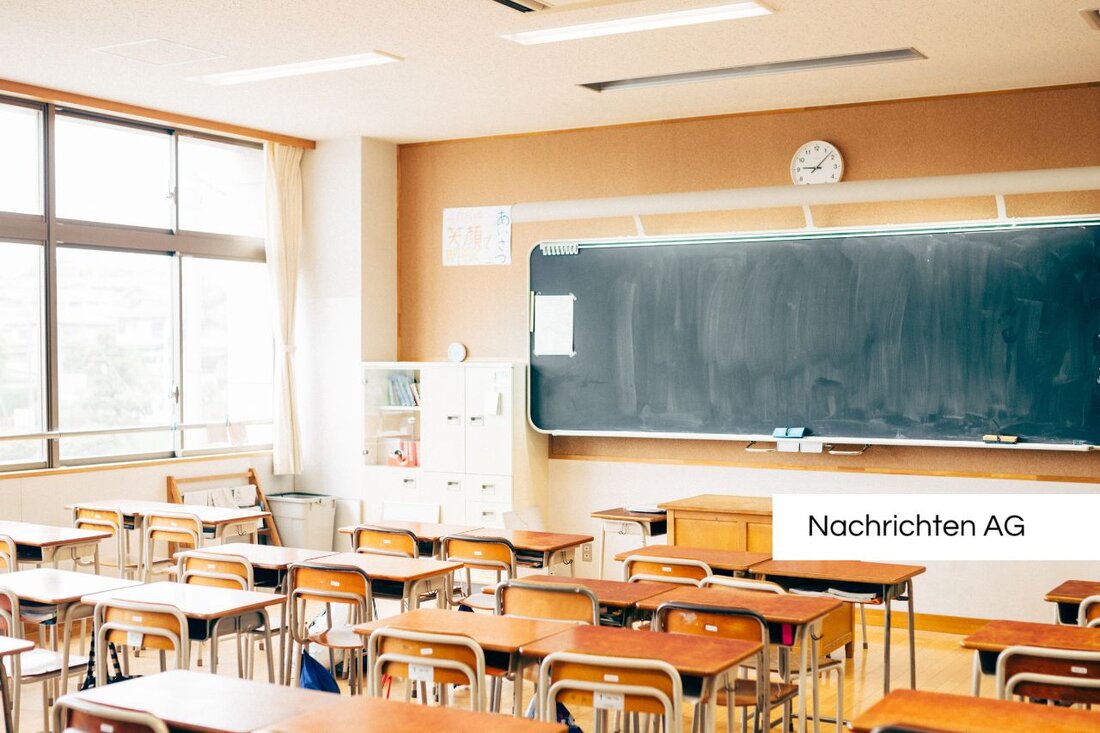Anderl on May 1st: Vienna needs social justice for everyone!
Renate Anderl will speak in Vienna on May 1, 2025 about social justice, political participation and education as the key to democracy.

Anderl on May 1st: Vienna needs social justice for everyone!
On May 1, 2025, the President of the Vienna Chamber of Labor, Renate Anderl, gave a powerful speech on Vienna's Rathausplatz. In her statement, she expressed joy about the positive results of the recent Vienna city council elections. Anderl emphasized that the new social democratic-led city government would take significant steps to create equal educational opportunities, sufficient children's education facilities, all-day schools, care offers and attractive job opportunities for women.
She sharply criticized the previous federal government, which she said had ignored the needs and concerns of the population and which she described as a “huge shambles”. She particularly emphasized the importance of a federal government that is free from right-wing and extreme right-wing influences, especially in the context of the 80th anniversary of the liberation from fascism.
Strengthening democracy
Anderl also spoke of upcoming anniversaries in 2025, including the 80th anniversary of the re-establishment of the Chamber of Labor and the founding of the ÖGB. She also called for democracy to be actively strengthened and expanded, as there are still anti-democratic forces. In this context, Vienna was highlighted as an EU democracy capital, which contributes to the promotion of democracy and participation.
According to a city report, Vienna offers numerous opportunities for citizens to participate in politics, including elections, petitions and participatory budgets. Nevertheless, there are significant exclusions in political participation that are evident along the lines of income, education and nationality. A study by the Vienna Chamber of Labor shows that 29 percent of Viennese employees and 68 percent of workers are excluded from voting.
Challenges of political participation
At least a third of the population remains politically unrepresented. The survey, which included a literature search, expert interviews and a survey of 1,200 Viennese, shows that satisfaction with the political system depends heavily on income and level of education. While almost half of Viennese are “very” or “fairly” satisfied with the system, this figure is only around a third in the lower third of income earners.
At the same time, 50 percent of the population believe that their political participation has no influence. In the lower income third in particular, the figure is 61 percent. The perception that politicians treat them as second-class citizens is also significant, which influences both acceptance and active participation in political processes.
The role of education for democracy
Education plays a central role here. Studies show that education significantly promotes political participation and that well-informed citizens are more willing to take an active part in political processes. Critical thinking imparted through education is crucial for informed decision-making in a complex and globalized world, and thus forms the foundation for active participation in democracy.
Higher levels of education are strongly correlated with higher voter turnout, including among disadvantaged groups. This suggests that measures to promote political participation, such as the integration of democratic education in schools or support from social workers, are urgently needed to promote equal opportunities and social justice.
In view of all these factors, it remains to be noted that the urgency of strengthening democracy and enabling broad political participation must be perceived by all social actors. This is the only way to ensure an inclusive and stable democratic future in Vienna and beyond.

 Suche
Suche
 Mein Konto
Mein Konto